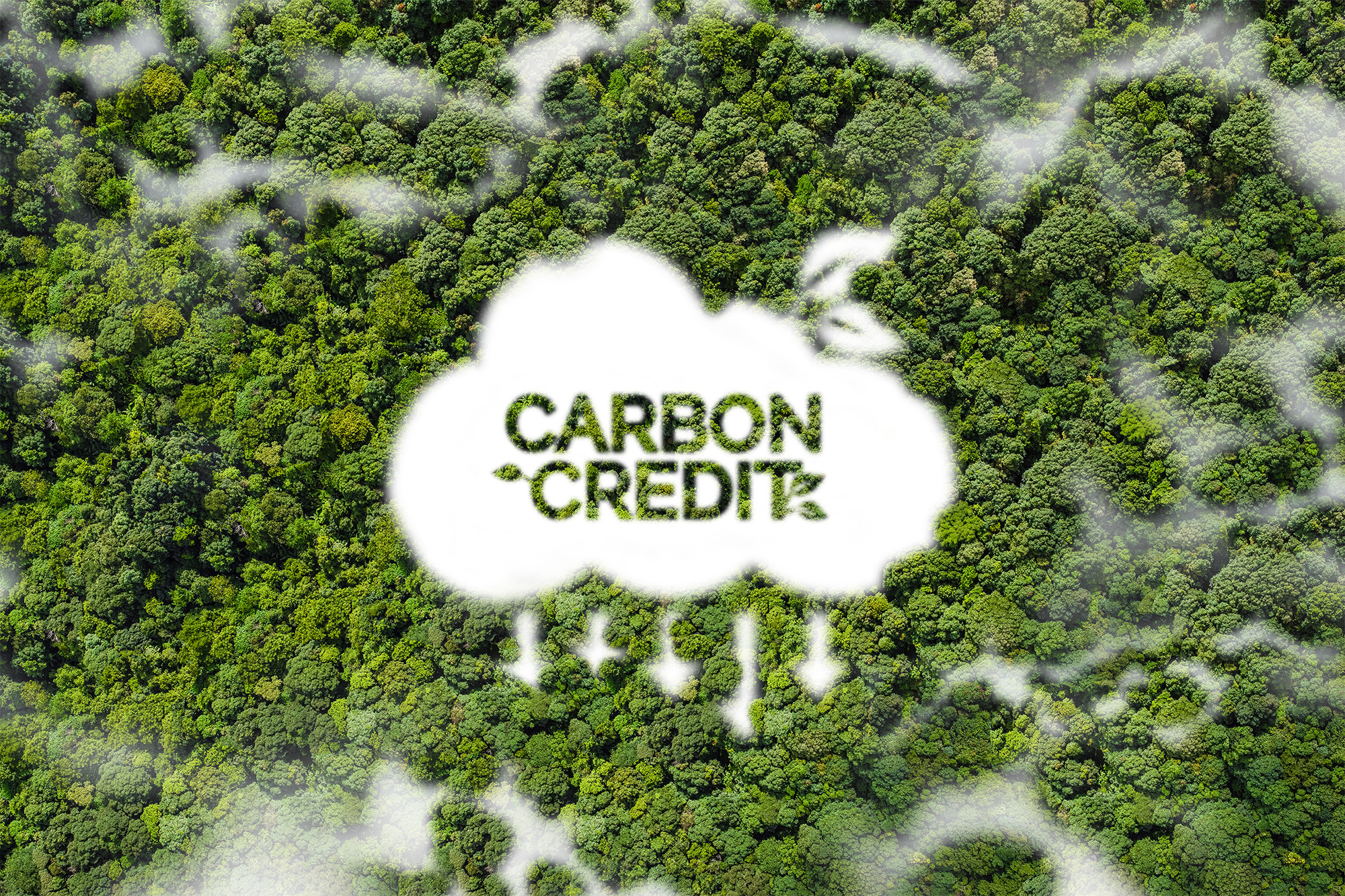A recent study conducted by researchers at the University of California Berkeley reveals that a type of carbon credit, utilized by companies such as Eon, Shell, easyJet, and British Airways over the past year, is largely ineffective in justifying continued pollution through their operations. These carbon credits, known as cookstove credits, represent one tonne of carbon emissions in theory. However, the study finds that nine in 10 of the 96 million cookstove credits certified by leading carbon registries do not effectively avoid the emissions they claim to mitigate.
Cookstove credits have gained popularity on the voluntary carbon market as they are issued when cleaner and less energy-intensive cookstoves are distributed to communities traditionally reliant on polluting fuels like wood or kerosene, which can cause premature death. Despite their popularity, the study reveals significant discrepancies between claimed and actual emission reductions.
Notably, major corporations like German utility Eon, energy giant Shell, and airlines easyJet and British Airways have been significant buyers of these cookstove credits, according to analysis by the Financial Times. The study estimates that the credits have led to 9.2 times fewer avoided emissions than claimed, primarily due to over-optimism about the frequency of cleaner cookstove usage and the emissions saved by each stove.
In response to the study, British Airways defended the use of carbon offsets, emphasizing their interim role while the airline works on decarbonizing its business. EasyJet stated that it had shifted away from investing in carbon credits, relying on rigorous assessment and due diligence in the past. Eon clarified that it does not currently use emission compensation measures for its climate targets, while Shell declined to comment.
The study also faced criticism, with concerns raised about its funding sources, notably from the Better Cooking Company, a US firm distributing cleaner cookstoves. The authors countered, stating that the primary funding came from the National Science Foundation, a US government agency, with the Better Cooking Company contributing about 5% of the funding.
Carbon credit registries, such as Verra, expressed substantive concerns about the research. Verra is working on a new methodology to address best practices in project design and implementation in distributed thermal energy generation. Another registry, Gold Standard, acknowledged the tension in the carbon market between estimating and measuring emissions at the source, emphasizing the role of such credits in raising finance for addressing greenhouse gas emissions and toxic particles in developing countries.
The Clean Cooking Alliance, with backing from the Dutch, Canadian, and US governments, is actively engaged in developing an enhanced methodology for carbon credits. This initiative involves collaboration with the UN climate body, Verra, and Gold Standard to address the complexities associated with measuring emissions reductions from cookstove projects. Approximately 2% of global annual emissions result from burning wood fuels for cooking, and the inhalation of smoke during cooking leads to up to 4 million premature deaths annually, as reported by the Clean Cooking Alliance (CCA).
Despite the significant impact on both global warming and public health, the issue is described as “dramatically underfunded” by Dymphna van der Lans, the Chief Executive of CCA. She highlights the potential of the carbon market as a game changer to address this funding gap, acknowledging that accurately measuring emissions reductions from cookstove projects is inherently challenging and resource-intensive. The CCA is actively working towards a more effective and robust methodology to encourage greater investment in initiatives aimed at reducing emissions from cooking practices.



